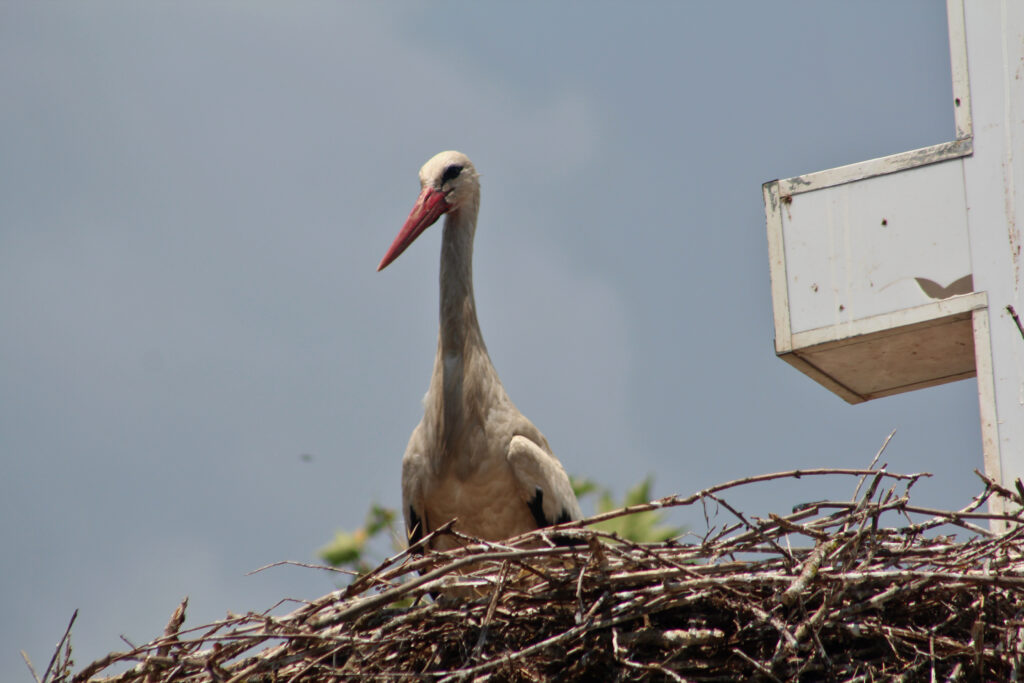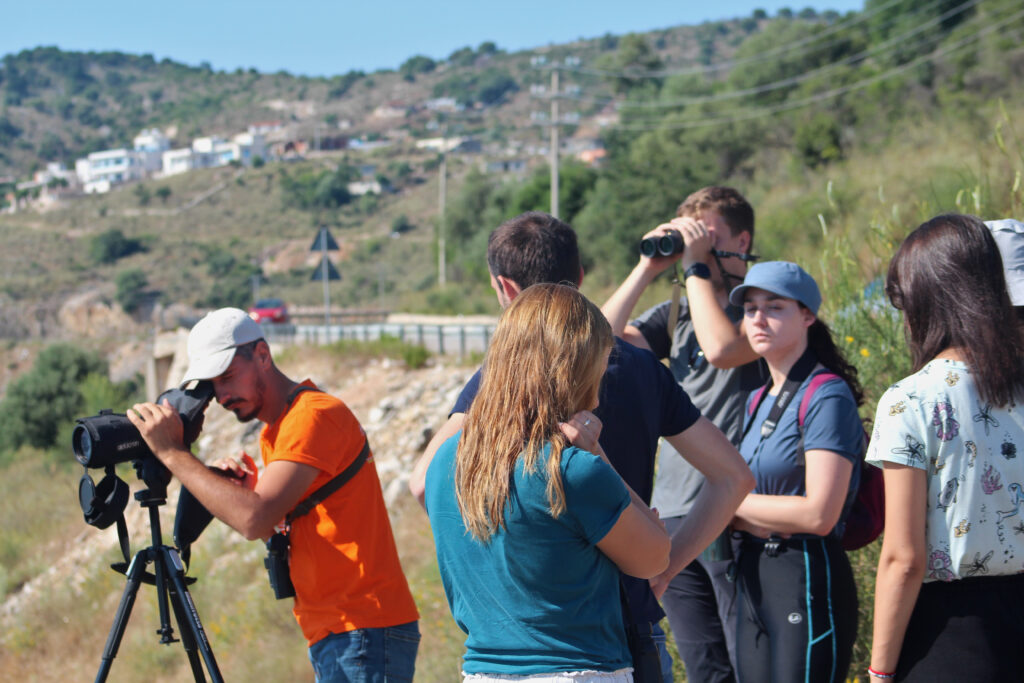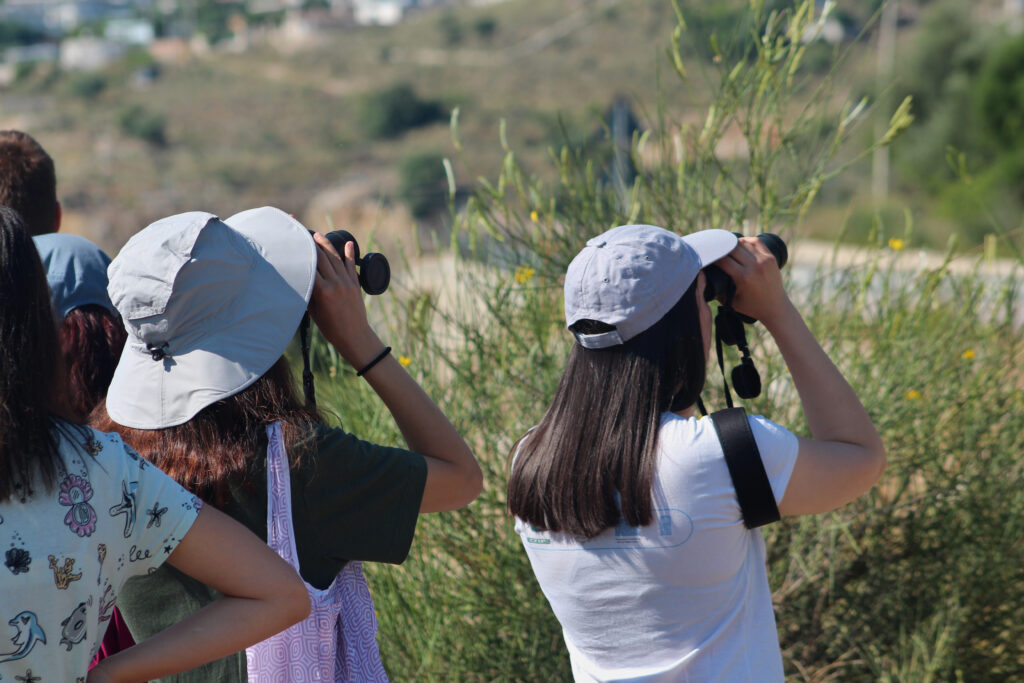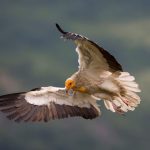Meet Phoenice, the White Stork (Ciconia ciconia) chick that was fitted with a GPS transmitter last week, during the Waterbird Satellite Tracking Camp organized by AOS with the participation of students from Albania, Serbia and Montenegro as well as colleagues from the Center for Protection and Research of birds of Montenegro (CZIP) and Bird Protection and Study Society of Serbia (BPSSS).
In a few weeks, Phoenice will embark on a long and dangerous journey to Africa, and its transmitter will allow us to have a closer look and a better understanding of this journey.
This was also the focal point of the camp. The participants had the opportunity to learn from a first-hand experience on deploying a GPS transmitter as well as visit every nest of the White Stork population the country. A species that, in Albania, is designated the Critically Endangered status making the information gathered by the transmitter exceptionally valuable for the conservation of the local population.
Lastly, during these three days of exploring and learning, the participants were also able to observe various interesting species, notably the globally endangered Egyptian Vulture (Neophron percnopterus) – a species that no longer breeds in Montenegro and Serbia.
Stay tuned for updates on Phoenice’s journey!
This camp was organized within the frame of the Birds Without Borders – Phase II project funded by the Western Balkans Fund and European Union, under the Call for Regional Project Proposals “Support to the Promotion of Civil Society regional activities in the Western Balkans”.






